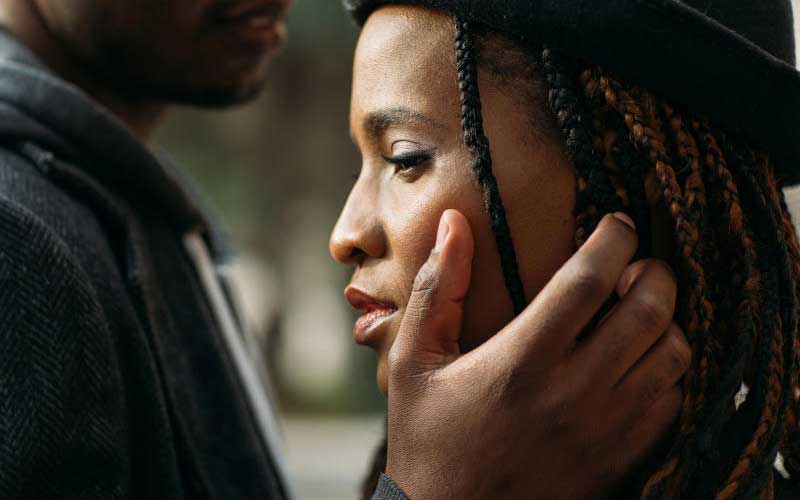×
The Standard e-Paper
Home To Bold Columnists

It was raining heavily the day Leila Otieno was admitted to Moi University in Eldoret. Her parents, after completing the admission process, went home, leaving her to find her way around the university on her own.
Surrounded by strangers at the expansive university, Leila says she felt homesick and lost. But at that time, a friend she had known shortly before joining university called her, telling her that he had been admitted into the university’s town campus.